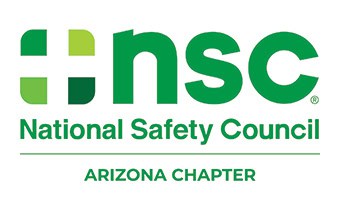Walking in the darkness has its hazards and with Halloween approaching, it is important to be aware of the dangers that exist and know how to minimize them. According to AAA and NHTSA, children are three times more likely to be struck and killed on Halloween than any other day. Additionally, overall pedestrian deaths increased in 2020 despite lower numbers of miles driven. Many of the safe practices for walkers and drivers on Halloween can be applied to any time pedestrians walk in the dark.
Contributing factors include poor visibility in the darkness, trips and falls due to uneven surfaces, pedestrians walking in the roadway, speeding, distractions, and impairment. It is important to address this issue from the perspectives of the pedestrians and drivers.
Pedestrians
– Wear high visibility clothing or costumes with bright colors or reflectorized tape.
– Make sure costumes or masks do not reduce visibility. Use face paint instead of masks.
– Carry flashlights or glow sticks.
– Properly supervise children.
– Walk on shoulder facing traffic or on sidewalks if available.
– Cross only in designated crosswalks or intersections if possible.
– Walk in well-lit areas.
– Eliminate distractions of cell phones and ear buds.
– Be aware of tripping hazards in your walking path or caused by your costume.
Drivers
– Slow down and exercise greater caution on Halloween.
– Be aware children may dart into the street.
– Avoid distractions.
– Do not drive if impaired by drugs or alcohol or if you are tired.
Pedestrian injuries and deaths are entirely preventable. When walking, situational awareness is critical. Do not assume drivers can see you and always be on the defensive. When driving, it is your responsibility to avoid hitting pedestrians even if they are doing something unsafe. Driving slower speeds and eliminating distractions will allow you more time to see them and properly react.
Ed Taube, Safety Trainer, Arizona Chapter National Safety Council
